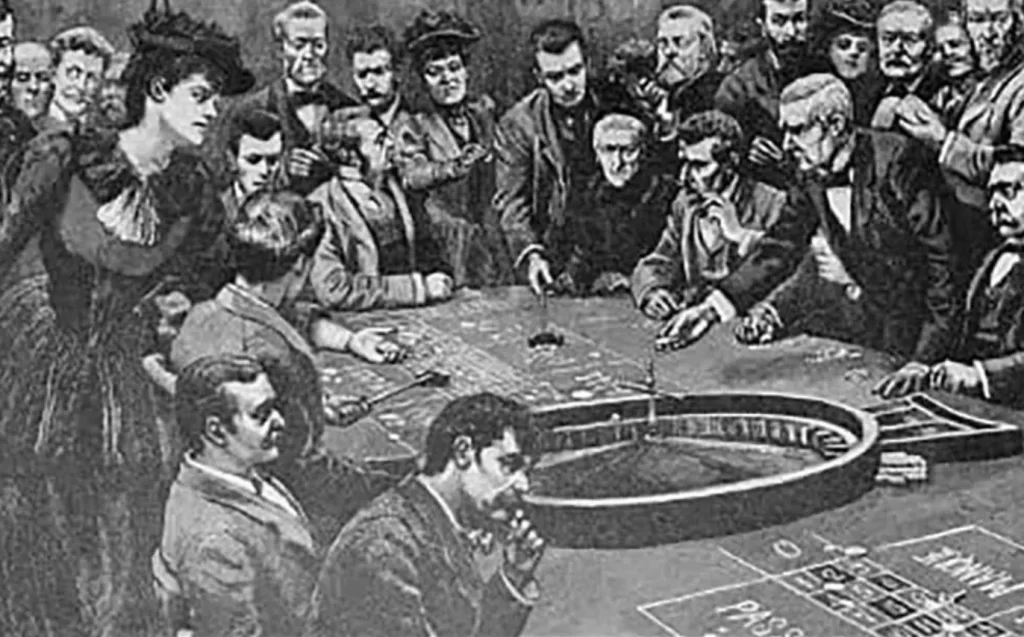Casino gaming’s history spans millennia and has had an enormous influence on our world today. Games like baccarat are deeply rooted in Asian cultures while poker has long been associated with America.
In 1638, Italy witnessed the inaugural modern-day casino: known as Ridotto and approved by government authorities for gambling activities.
Origins
Gambling has long been part of human culture, dating back to early civilizations such as Egypt. Dice have been found in Egyptian tombs while Chinese play Keno since 2,000 BCE. The first casino opened for business in Paris in 1765 to replenish state treasuries with taxes while also offering novelties that would draw gamblers in.
Casino was initially used to refer to public rooms for music and dancing; by the second half of the 19th century it came to mean an establishment offering gambling or gaming rooms. This coincided with mass Italian immigration to America where they adopted this term into English – thus giving birth to modern-day casinos from these early gambling houses as major entertainment hubs.
Social impact
European colonists introduced gambling traditions from Europe to America’s colonies, such as dice games and wagering on horse races. Gambling became more widespread throughout the 19th century as casinos developed luxurious facilities that provided excellent service – becoming popular places where political issues could be discussed openly or celebrities entertained themselves. By its close, casinos had even become destinations where celebrities gathered.
Casino proponents frequently cite lower local unemployment rates as evidence that casinos improve local employment; however, this may not always be accurate. When compared against state or national unemployment rates, it becomes apparent whether casinos actually had an effect on local employment levels. Furthermore, casino proximity may cause social problems in urban casino communities; including personal, interpersonal, and societal impacts.








More Stories
Niche Casino Games from Around the World and Their Cultural Significance
A Look Inside the World’s Most Luxurious Casinos: What Sets Them Apart
Navigating the Blockchain Revolution in Online Gambling